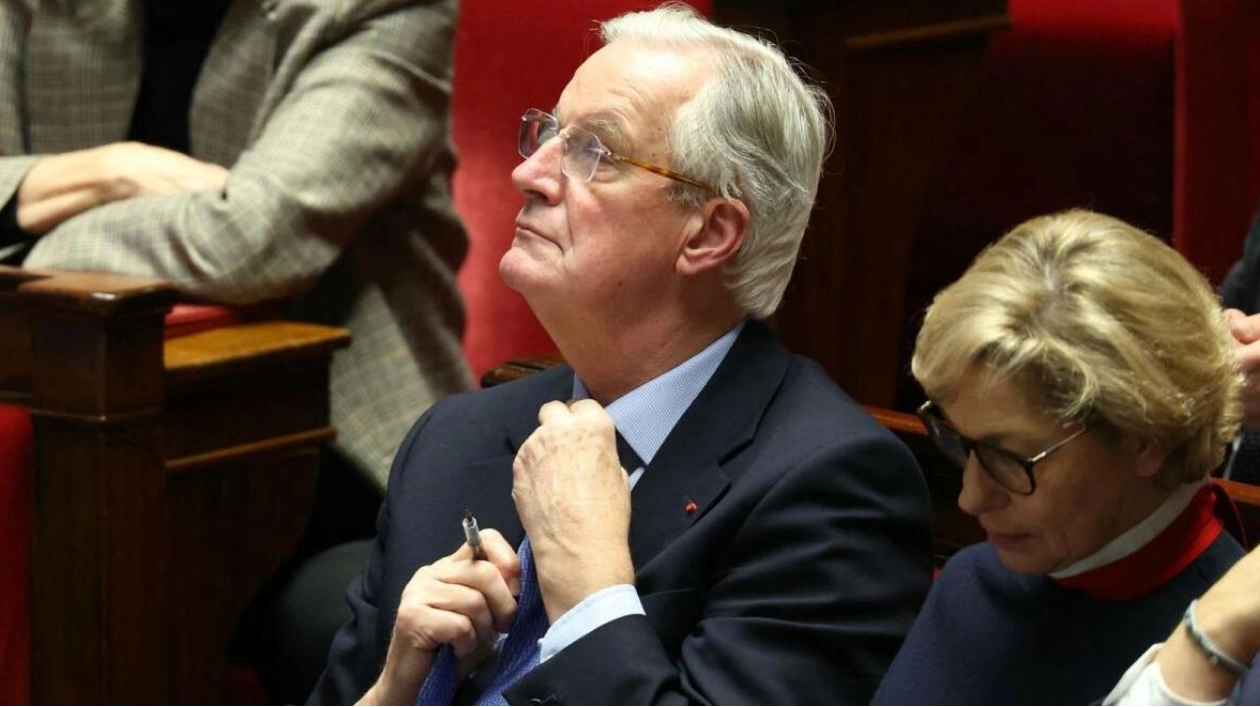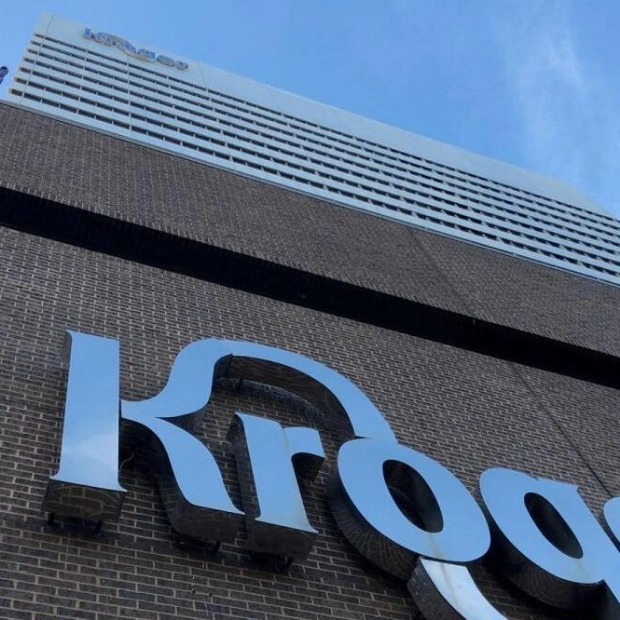French Prime Minister Michel Barnier was expected to resign on Thursday after far-right and leftist lawmakers voted to topple his government, deepening the political crisis in the euro zone's second-largest economy. Barnier, who had been in office for just three months, was set to become the shortest-serving prime minister in modern French history once President Emmanuel Macron approved his resignation. The two leaders met for over an hour, according to French media, before Barnier left the Elysee presidential palace. However, there was no official confirmation of his resignation.
The new prime minister, whoever it may be, will face the same challenges that led to Barnier's downfall, including pushing the 2025 budget through a deeply divided parliament while France grapples with ailing public finances. Much attention will also be on Macron as he seeks to appoint a new prime minister. Three sources told Reuters that Macron aimed to appoint a replacement swiftly, possibly before the Notre-Dame Cathedral reopening ceremony on Saturday, which is set to be attended by US President-elect Donald Trump and other international leaders.
The political turmoil in France further weakens the European Union, which is already dealing with the collapse of Germany's coalition government, and comes just weeks before Trump's return to the White House. The hard left and far right punished Barnier in a no-confidence vote on Wednesday evening for attempting to push a social security budget through an unruly hung parliament without a vote. 'This is the logical conclusion of what France and its lawmakers are at the moment: a mess,' said 75-year-old Parisian Paulo.
Macron was scheduled to give a televised address to the nation at 8pm (1900 GMT) on Thursday. French media reported that he would meet the head of the National Assembly at around noon and the head of the Senate at 1400 GMT. Macron's decision to call a snap election in June precipitated the ongoing crisis. He has a mandate until 2027 but faces growing calls to resign. 'The main culprit for the current situation is Emmanuel Macron,' Marine Le Pen of the far-right National Rally (RN) told TF1 TV late on Wednesday.
According to a never-invoked article of the French constitution, a president cannot be pushed out unless two-thirds of lawmakers, meeting in High Court, decide he has gravely failed to fulfil his role. A poll by Toluna Harris Interactive for RTL broadcaster showed that 64% of voters want Macron to resign. While a small majority approved of parliament bringing down Barnier, many are concerned about the economic and political consequences.
Under French constitutional rules, there can be no new parliamentary election before July. 'Until potential new elections, ongoing political uncertainty is likely to keep the risk premium on French assets elevated,' SocGen analysts said in a note. 'Political uncertainty is likely to dampen both investment and consumer spending.' The political uncertainty has been unsettling investors in French sovereign bonds and stocks for weeks. French bonds and stocks rallied on Thursday, possibly due to profit-taking following the widely expected outcome of the no-confidence vote. However, Thursday's relief rally doesn't reduce the uncertainty ahead for French markets.
The fall of France's government leaves the country without a clear path towards reducing its fiscal deficit, and the most likely outcome is less belt-tightening than previously planned, according to credit rating agency Standard and Poor's (S&P). Rival ratings agency Moody's said on Wednesday that the collapse of France's government was negative for its credit rating and added to the risks of a bigger debt burden than it had previously expected.
Source link: https://www.khaleejtimes.com






